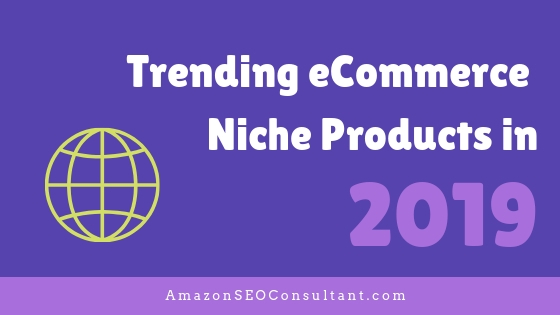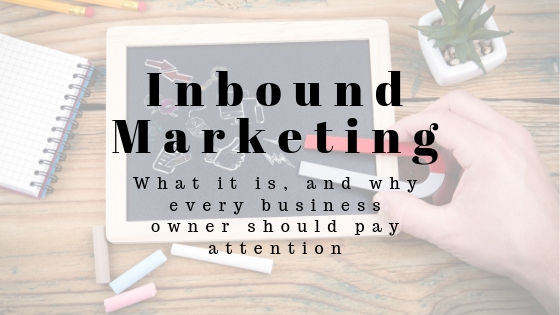People talk.
People talk about brands and products they like, and they definitely talk about ones they don’t like.Did you know that according to the Association of National Advertisers, there are 2.4 billion conversations about brands in the United States, every single day?
As we told you in our guide to influencer marketing, the marketing platform Mention Me found 71% of modern UK consumers would rather use recommendations from friends to find new brands, as opposed to trusting marketing text and advertisements:
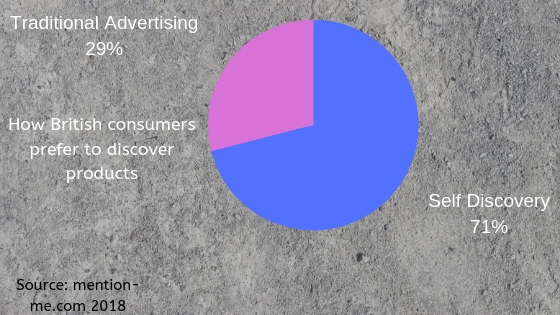
In fact, people are 400% more likely to purchase when referred by a friend.
When considering these referral statistics, it should be easy to see how the best referral marketing campaigns can be a powerful way to get new customers and should be on the agenda for any eCommerce site or online business.
But how do you learn what works and put together the basics of how to set up a referral program?
Luckily for you, all you need to do is stay right here!We’ll take you through some of the best referral marketing tips you’ll find, show examples of successful referral marketing programs, and leave you with some actionable ideas for creating a referral program.
Scroll down further to see all of that, but first, for those who are new to the concept, let’s start with the basics:
What is Referral Marketing?
Referral Marketing Definition:
Referral marketing is the method of promoting products or services to new customers through referrals, usually word of mouth. Such referrals often happen spontaneously but businesses can influence this through appropriate strategies.
Source: Wikipedia
In other words, it’s a coordinated strategy to get your customers to recommend your products or services to their friends and family, taking advantage of that increased trust to grow your audience or customer base.
If you’ve ever seen anything like this, you’ll know exactly what we’re talking about:

This is one of the best marketing strategies there are, with the benefits of referral marketing including:
- It’s one of the cheapest marketing strategies there is, costing you a small discount for some of your customers and little else
- It results in your customers working to market your brand for you, for free (or, for that small discount)
- The discounts and gamification involved are likely to help with customer loyalty
- Your customers get the pride and validation of recommending something awesome
- The potential customers being referred are far more likely to trust their friend’s opinion than any marketing content you could have created
The end result is cheap win-win for you and your customers, and that’s not something to shake a stick at!
Referral marketing, also known as word-of-mouth marketing or even Refer-a-Friend marketing, is most effective when done organically, for example, if a customer genuinely recommends your services to a friend off their own steam, without you deliberately encouraging them.
Unfortunately, no matter how great your products or services are, this is unlikely to happen very often without a little encouragement, which is where referral marketing strategy such as coupons and incentives come in.
Do Referral Programs Work?
Not only do they work, but the benefits of referral marketing truly have to be seen to be believed.
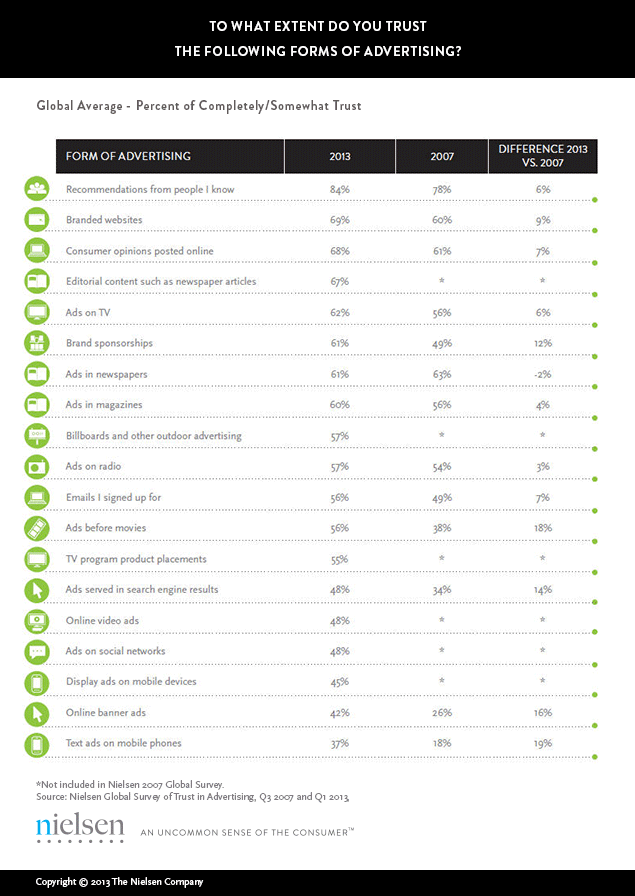
There are the previously mentioned benefits around trust, with a Nielson study finding that 92% of customers trust referrals from people they know, but the benefits don’t end there:
Aids the Spread of Word of Mouth
Word of mouth is a powerful aspect of marketing, and if you have an amazing product that gets people talking, you may already benefit from it.
But a referral marketing program allows you to scale this, increasing the percentage of your customers that will recommend your products, which leads to your overall audience growing, which leads to the number of people that percentage represents growing further.
It, of course, also improves your brand awareness and allows you to position your products in front of customers who wouldn’t necessarily be reachable via your other marketing channels.
Helps you to Find More Loyal Customers
A Goethe University study found that customers that worked with businesses due to a recommendation were 18% less likely to leave than those who weren’t.
You can capitalise on this with elements of gamification and a loyalty scheme, but the fact is customers that were referred by a friend are not only likely to stick around, but a percentage of them are likely to refer someone else too, leading to a rapidly growing audience.
It’s Targeted For You
People know their friends better than you do (duh) and they will only recommend a friend to use your product if they think they’ll be interested in it.
This means your referral-based marketing will automatically target the right demographic, with no need for you to put any time or money into building up and targeting your ideal audience.
The Referral Business Model is Extremely Cost-Effective
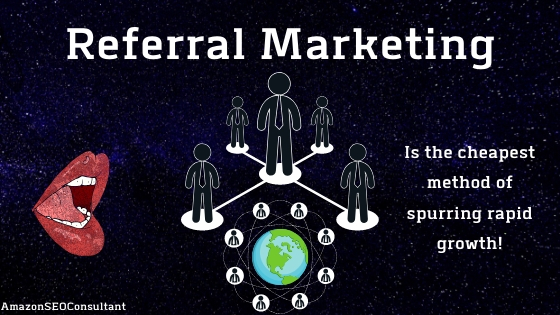
If one of your customers ignores your referral strategy and doesn’t invite any friends, they don’t get a discount code.
If somebody receives a referral but isn’t interested and doesn’t click on the link, they don’t get a discount code.
The beauty of social referral marketing is that you only pay for genuine new customers, and even then, it’s only a small discount off their first order, making this one of the marketing strategies with the best return on investment.
Social Proof & Social Currency
Social proof is the reason testimonials and reviews work.
People are more likely to buy something if they believe the society around them is enjoying it.
Since referrals come directly from friends, they benefit from this same mechanic with no reviews or testimonials necessary – the recommendation, in essence, is a positive review.
On the other hand, people love to share things that make them look cool or unique, so interacting with your most dedicated customers on social media and thanking your most prolific referrers can not only spur them on to make more referrals but get more people involved too.
Referral Marketing Strategies
These referral strategy ideas are based on previous successful refer-a-friend campaigns and are important to keep in mind if you want to get the most out of eCommerce referral programs:
Have Great Quality Product or Service
It perhaps goes without saying, but if your product isn’t good enough to recommend to a friend, your referral marketing plan isn’t going to work no matter how well realised and implemented it is.
In fact, nobody will likely return to your site after an order, never mind be interested in your referral program.
Have Social Proof Set Up Already
This is crazy and really makes you think about the psychology of the internet and social media, but in the same way that “you need to spend money to make money”, you need social proof for people to want to share your products on social media or make referrals.
People copy what appears to be cool, so reviews, quotes, testimonials and social media interactions all help, but you may also want to consider something a little more sneaky, like making a social media post congratulating somebody for an insane amount of referrals, right at the start of your social media referral program when these people don’t actually exist yet.
It’s up to you whether that’s worth trying, but it can definitely make people more willing to engage than they would in a bland referral scheme with no social proof.
Be Highly Active on Social Media
In addition to the above social proof, generally being active on social media, allowing customers to ask questions and voice concerns to get personalised responses can really help with engagement and make people feel more confident referring you to a friend (or accepting those social media referrals).
You can even make use of brand storytelling to tell stories that are inspirational, sad, or funny in order to foster your customer’s affinity to your brand and increase both loyalty and referrals.
Combine Online Referral Marketing With Gamification
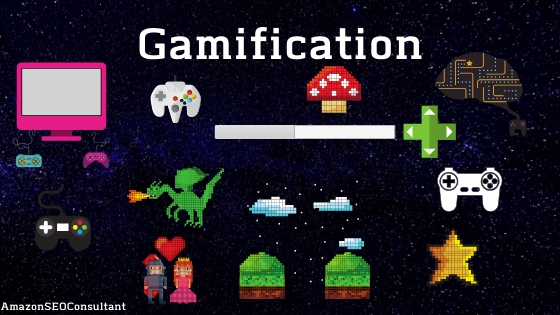
One of the most successful and effective techniques used in customer loyalty programs is gamification.
This is essentially the strategy of modelling your loyalty scheme (or referral program) after the addictive features of video games, using leaderboards, animated buttons, personalised language, progress bars, and teasing text such as “3 more referrals until your next 15% voucher!”.
It really works and has been proven to improve both engagement and customer lifetime value when applied to loyalty schemes, so applying this strategy to referral schemes can work too, and you could even consider combining both into one addictive, enjoyable, engagement driving scheme!
Referral Program Examples
Now that you’re familiar with how referral programs work and the strategies that can make them truly effective, let’s take a look at some successful referral programs that can hopefully teach you how to do referral marketing in a way that will really explode your audience and push you to the next stage of growth!
Dropbox
Dropbox has one of the most famous referral programs ever.
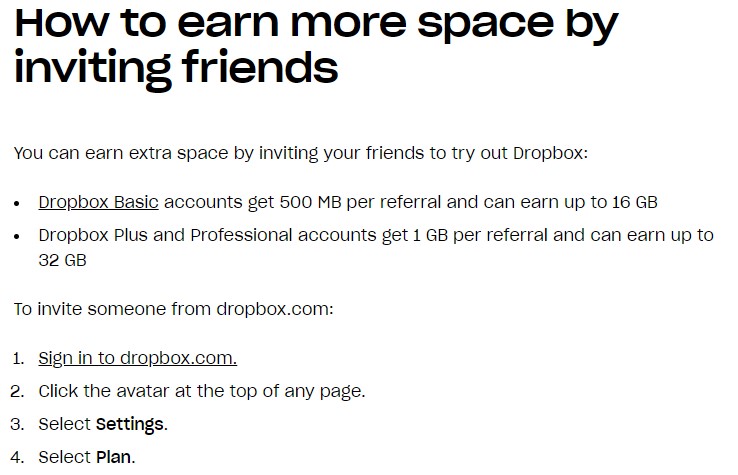
According to CEO Drew Houston, the referral program took them from 100,000 users to 4,000,000 in just 15 months, increasing their signups by 60%, permanently.
So why was it so effective?
Dropbox is a cloud hosting solution that provides a small amount of storage space for free but then sells extra space either on a one-off basis or as a monthly subscription.
Dropbox knew that the one thing a large portion of their userbase would be interested in, and that was free extra space. They began offering 500mb of free extra space for every successful referral, and the rest is history. People would send referral links to all their friends and ask them to sign up even if they didn’t want to use the service so that they could get as much extra storage space as possible.
Dropbox’s service was so good though, that plenty of these referrals did end up using the service anyway, and those who didn’t were now signed up for Dropbox’s newsletter!
All of a sudden, 100,000 users to 4 million in just over a year doesn’t seem so unbelievable, does it?
Uber
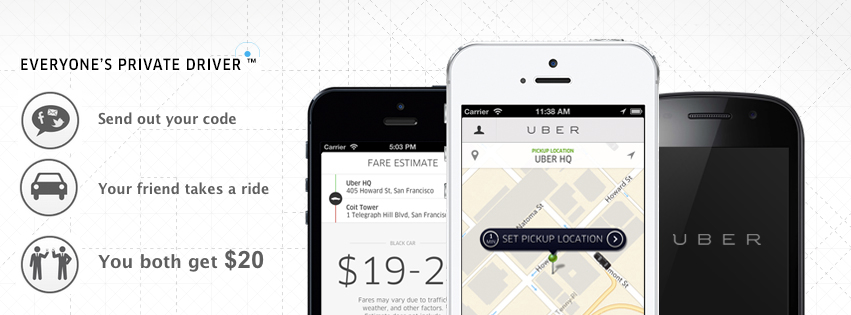
Uber is one of the great stories of growth in recent years and their referral marketing ideas are largely to blame. This is a slightly different type of online referral marketing as it takes place entirely in the app, but this is part of the reason it works so well, as the vast majority of interaction between Uber and it’s customers takes place via the app too.
The referral scheme is simple, you send a friend an email with a code, and if they sign up for Uber using that code, they get a discount, and so do you. It works for drivers too, so if you refer a friend and they end up working for Uber, you get even more off your next rides.
But the real secret behind the effectiveness of the Uber referral business model is that these discounts are stackable, and each user’s code remains the same. This means that people with a large social media following or influence were able to share their code online, essentially making all of their Uber trips completely free via the sheer amount of people signing up using their code.
This may seem costly for Uber, but each one of those discounts represents a new signup that has the potential to be using Uber for a long time, so customer lifetime value makes the initial discount a minimal investment. Now imagine thousands of influencers across the world doing this, and it’s easy to see why Uber’s rapid growth was inevitable!
Best Free Referral Program Software and Referral Marketing Companies
Generally, a referral marketing scheme is very cheap and simple to add to your own website and can be done with a quick piece of coding or even a WordPress plugin.
But what if you’d rather have specialists manage it for you?
There are some referral marketing tools and services out there, so we thought we would list a few that might be worth checking out:
- InviteBox
- ReferralCandy (very easy to set up and the best option for new startups)
- RewardStream
- InviteReferrals
For those with small teams and limited resources, referral marketing platforms such as these can be an easy and quick way to get an effective referral program set up.
Referral Marketing Statistics
We will leave you with a few referral stats that will hopefully make it clear how important a good referral strategy is, if we didn’t get that across enough already!
| Statistic | Source |
| 92% of consumers trust a recommendation from a person they know | Nielsen |
| 81% of US consumers are influenced by friend’s social media posts whereas 78% are influenced by brands’ social media posts | MarketForce |
| 74% of consumers say word-of-mouth is a key influence in purchase decision making | Ogilvy |
| Word-of-mouth improves the effectiveness of marketing by 54% | MarketShare |
| The CLV for a referral customer is 16% higher than other new customers | ET Marketing |
| 83% of consumers say they would make a referral after a positive experience, but only 29% actually do without prompting | Texas Tech University |
| 70% of U.S. consumers say they trust brand and product recommends from friends and family. Only 15% say they trust posts by brands | Forrester Research |
We hope this guide has given you some ideas for how referral marketing could take your business to the next level! If you have any recommendations for referral strategies that haven’t been mentioned here, please let us know in the comments!
As always, keep your eyes on AmazonSEOConsultant for more eCommerce and Amazon marketing insights!

